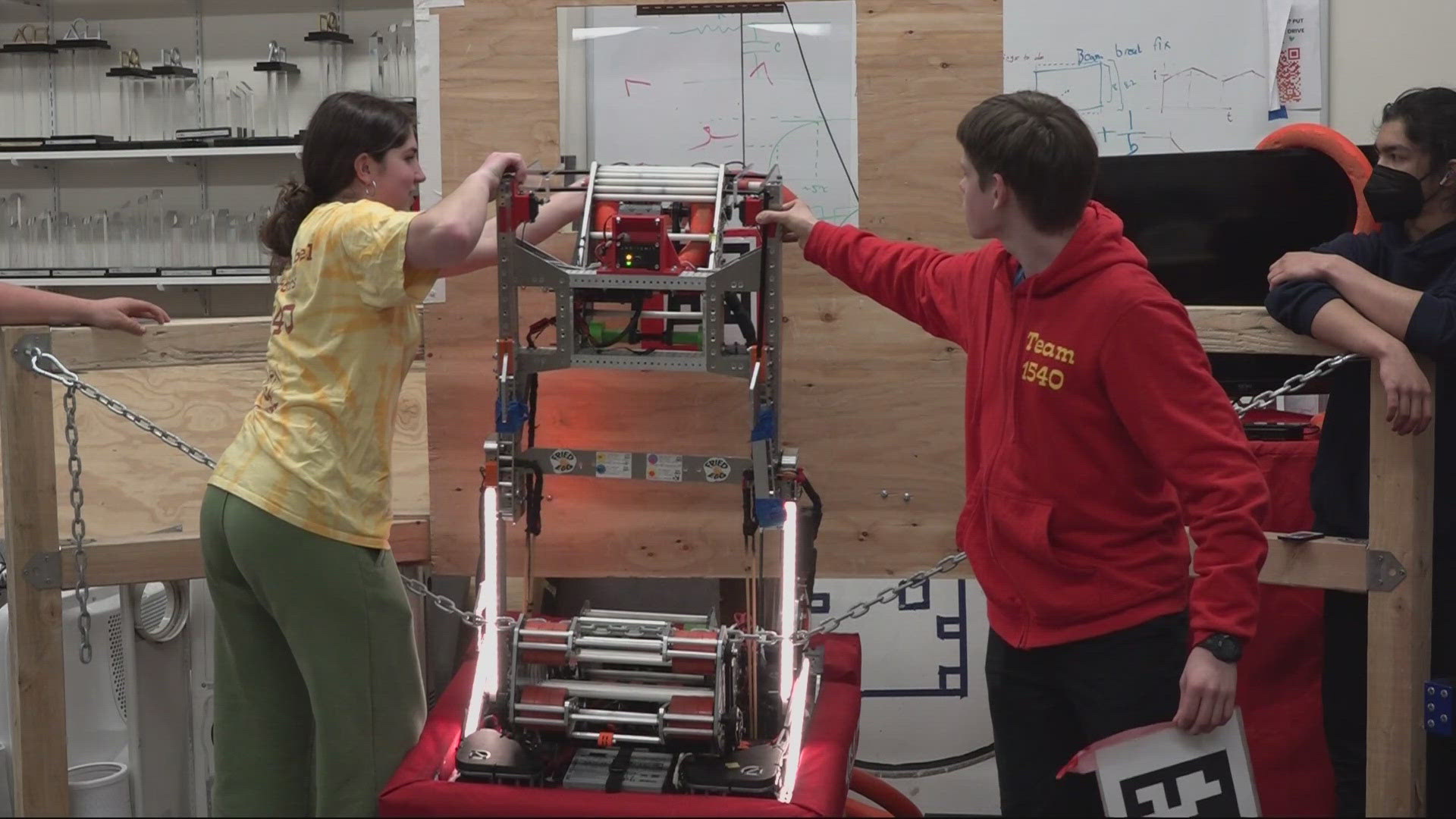SALEM, Ore. — Oregonians who have used the Google Play app store on Android devices will receive a portion of a $700 million settlement agreement that the company reached in an antitrust lawsuit collectively brought by all 50 states.
Oregon Attorney General Ellen Rosenblum announced the agreement on Tuesday, saying that Google had agreed to "make right with the more than 100 million customers it wronged." Oregonians who made purchases on the Google Play Store between August 2016 and September 2023 are eligible, according to a news release from Rosenblum's office.
People who are eligible for payments will not need to submit a claim, and will receive payments automatically through PayPal or Venmo unless they request a check. The first $630 million of the settlement will be paid out in restitution, with the other $70 million going to the states. More details about the payment process will come later, according to the news release.
"Every company is required to play by the rules, from the smallest of mom-and-pop shops to the biggest brands on the planet, and this settlement demonstrates that principle as clear as day," Rosenblum said in a statement.
Rosenblum's news release did not mention how much of the settlement would be going to Oregon users specifically, or how much individual consumers can expect to get back. A similar Tuesday news release from Washington Attorney General Bob Ferguson said eligible residents of that state will collectively get around $10.6 million, breaking down to a minimum of $2 per person, although it will depend on how much they spent in the Google Play Store.
The attorneys general for the states sued Google in 2021, alleging that the company created an app distribution monopoly on devices that use the Android operating system — which Google also owns and produces — ensuring that the company's own apps had an advantage over competing apps from third parties.
Google preloaded Android devices with its own Google Play Store and used anticompetitive contracts to prevent other app stores from being preloaded, according to Rosenblum's news release. The company also bought off developers who may have launched competing app stores and created "technological barriers" to make it harder for users to directly download third-party apps outside of the Google Play Store.
The lawsuit also involves the Google Play Store's in-app payment processing, and was being litigated alongside a lawsuit brought by video game and app development company Epic Games, which argued against Google's third-party app restrictions and a policy entitling Google to a 15-20% commission when users made purchases inside apps downloaded from the Google Play Store.
Epic opted to take the case to trial rather than signing on to the settlement with the states, according to Rosenblum, and a jury ruled in favor of Epic last week, although the Associated Press reported that Google said it plans to appeal. Epic brought a similar lawsuit against Apple, but lost in 2021.
The state settlement also requires google to change its business practices in several ways, according to Rosenblum's news release, including allowing all third-party developers to conduct direct transactions with consumers through their own apps, rather than the Google Play billing system, for at least five years. Google must also allow developers to advertise non-Google billing systems in their own apps and list lower prices for transactions on those apps.
Google will also be required to refrain from using any contracts that would make the Play Store the exclusive preloaded app store on Android devices for at least five years, and make it easier for Android users to install third-party apps outside the Play Store for at least seven years, such as by reducing the number of warnings that appear on Android devices when users attempt to download and install apps from third parties.



